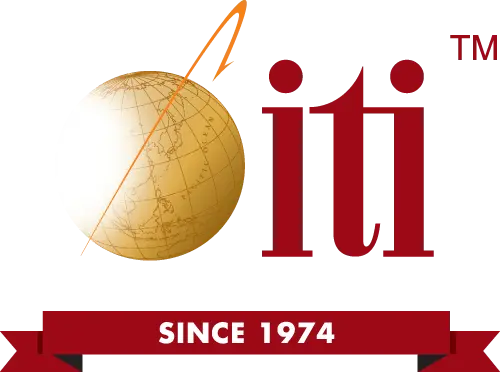The Electric Vehicle (EV) market attracted a lot of investment and attention from car manufacturing ventures in the past years. Dyson embarked on an ambitious plan two years ago but has since fallen on their sword. They scrapped the $2.5 billion initiative, as they couldn’t make the project commercially viable. The drive for electric vehicle manufacturing technology and innovation have cost many startups their livelihoods. Yet, some manufacturers still think it’s a mountain worth climbing. What do you think?
The global share of EVs continues to rise in the market. For instance, there were more Plug-In Hybrid Electrical Vehicle (PHEV) and Battery Electric Vehicle (BEV) models sold in 2018 than any previous year. The trends seem to favor manufacturers who aggressively pursue the trend. For example, companies like Volkswagen and a Renault-Nissan-Mitsubishi joint venture are working to replace Tesla as top manufacturers by 2025.
Movement in the Electric Vehicle Manufacturing Market
Apart from spikes in consumer interest additional factors are driving industry growth. Battery cost continues to fall year-on-year between 15 and 20%. However, shortages of the raw materials needed to manufacture batteries may dissuade some investors as forecasts estimate that there won’t be enough to supply the market’s demand by 2025.
The popularity of the Tesla Model 3 is definitely forcing other manufacturers to sit up and pay attention. Since sales of the Model 3 hit 220,000 in 2018, there is a consensus that seems to accept projections of EVs overtaking traditional Internal Combustion Engine models (ICE) in the global market by 2040.
Who’s Really Committed?
Many manufacturers have tried and failed to etch out a share of the market but Volkswagen, the world’s largest auto manufacturer, unveiled an ambitious plan earlier this year. The company aims to spend $34 billion over the next five years on developing a range of EVs. Volkswagen learned something from Tesla saying they would focus on the luxury car market for the foreseeable future. Their first attempt – the Audi e-tron – seeks to prove that they can manufacture cars that consumers would want to drive.
Volkswagen isn’t alone in formulating a strategy to diversify its product range. To cater to both regulatory changes and new manufacturing technologies that make the industry viable, Ford will use the VW electric platform to build their own EVs in the near future.
The Outlook for Electric Vehicle Manufacturing in 2020
Tesla remains in the lead for now and expects to produce between 360,000 and 400,000 units in 2019. If their new factory in Shanghai comes online it is estimated that number will jump to 500,000 by mid-2020. Porsche’s Taycan, the “Tesla-killer,” seems like it won’t live up to its recent hype and Tesla will continue to dominate until the VW initiative starts bearing fruit.
Whether you’re into electric vehicle manufacturing or not, if your company needs assistance with outsourcing your products offshore, you can always contact ITI Manufacturing. For more information, or to speak with an offshore manufacturing expert, give us a call toll-free at (281) 242-7030. You can also connect with ITI Manufacturing online here!





